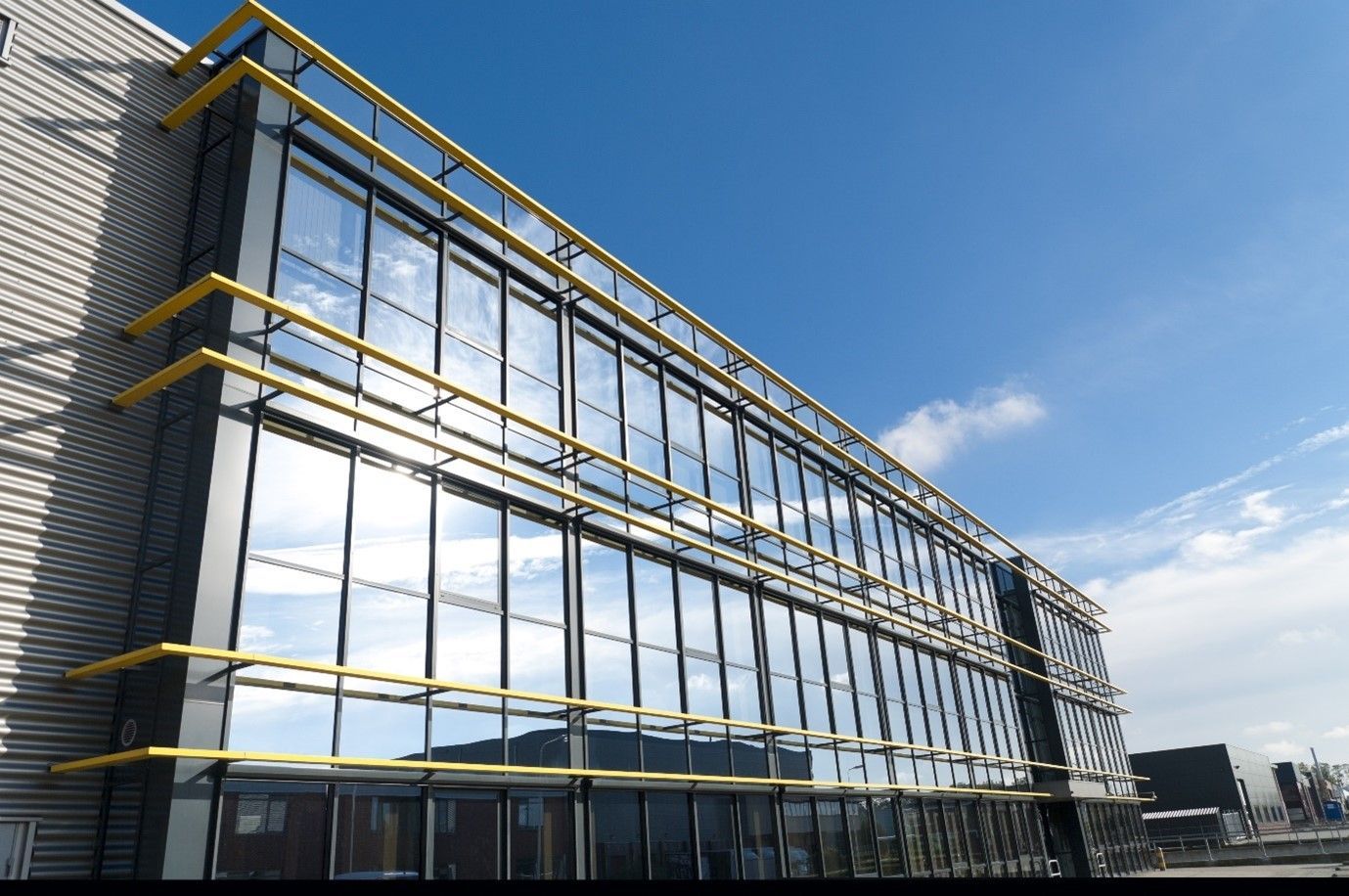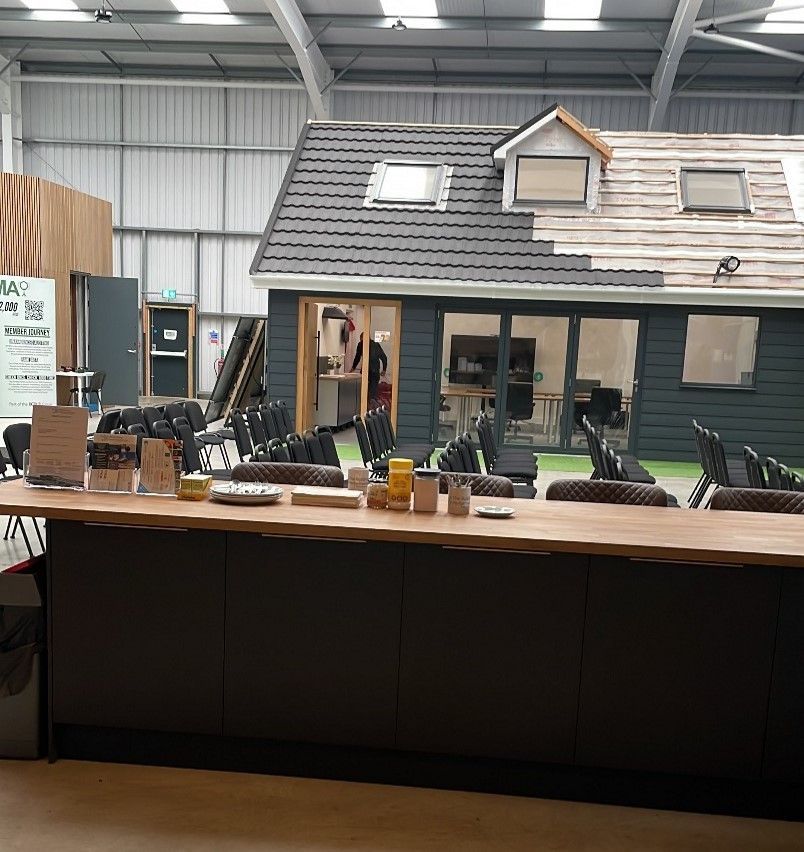Biodiversity Net Gain (BNG) and its Importance for Local Biodiversity
Biodiversity Net Gain (BNG) is an approach designed to leave the natural environment in a better state than before. It requires developers to assess the impact of their projects on local ecosystems and take active steps to ensure that the biodiversity is not only preserved but enhanced. As environmental concerns have gained more attention, BNG has emerged as a vital framework for mitigating the negative effects of development on nature, offering a systematic way to restore and improve ecosystems. This is particularly important in the local context, where urbanization and development often place heavy pressure on biodiversity.

What is Biodiversity Net Gain (BNG)?
BNG refers to development and land management practices that result in measurable improvements in biodiversity. Typically, this involves the restoration or creation of habitats that are of higher ecological value than what was previously on the land. The goal is to ensure that biodiversity is not just protected but enhanced, leading to a positive outcome for local wildlife and ecosystems.
In the UK, BNG has become a mandatory requirement for many new developments under the Environment Act 2021. The Act requires that a 10% net gain in biodiversity be achieved, calculated using biodiversity metrics, over and above the existing baseline. This means that developers must design projects with biodiversity improvements in mind, even if those improvements need to be delivered off-site.
How BNG Helps Local Biodiversity
One of the key benefits of BNG is its role in protecting and restoring habitats that might otherwise be lost or degraded due to development. In many cases, developments may lead to habitat fragmentation, where ecosystems are broken up into smaller, isolated patches, which can negatively affect species populations. By implementing BNG, developers are required to either enhance existing habitats or create new ones that are of higher ecological value. This results in healthier ecosystems, which support a wider variety of species.
Conclusion
Biodiversity Net Gain represents a powerful tool for addressing the growing loss of biodiversity caused by development. By requiring developers to actively contribute to local biodiversity improvements, BNG not only helps restore and enhance natural habitats but also fosters a more sustainable approach to land use. For local areas, the implementation of BNG can mean healthier ecosystems, more resilient wildlife populations, and improved quality of life for residents through the provision of vital ecosystem services. As the demand for development continues to grow, BNG ensures that we can achieve a balance between progress and conservation, benefiting both people and nature in the long run.
Ashby Energy Assessors Blog and News




